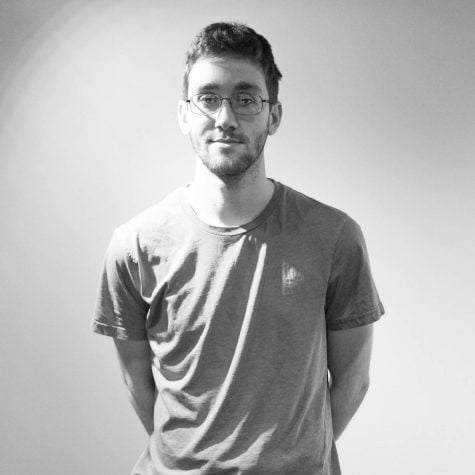Fifty-eight. That is roughly the percentage of eligible voters who showed up to the polls across the nation of Afghanistan on April 5.
“Despite Taliban threats to attack polling stations nationwide, the same percentage of Afghans turned out to vote as did Americans in the 2012 U.S. presidential race,” said David Rohde, investigative reporter for Reuters.
The journey to this point has been a rocky one.
Over the past 30 years, Afghanistan has been embroiled in one conflict after another: a nine-year struggle with the Soviet Union, several civil wars for internal political control and most recently, NATO’s war against the Taliban.
“I think the current presidential election is a step in the right direction,” said junior Alexander Morales, secretary of the Young Americans for Liberty, in an email interview. “The process has been more peaceful than most international observers expected. And, if all goes well, we can witness the first time that power has been transferred peacefully and democratically from one man to another in Afghanistan.”
Afghan President Hamid Karzai, first democratically elected in 2004, was unable to run in 2014 due to term limits. His 2009 election victory was criticized for being corrupt.
Five years later, the rate of voter fraud still poses a problem.
The New York Times initially reported on April 8, “None of the leading candidates have said so far that they would dispute this year’s balloting, whose results have not yet been announced.”
On April 13, the Afghan election commission reversed their previous stance, citing 870 cases of serious voter fraud.
According to The Washington Post, preliminary results show Abdullah Abdullah and Ashraf Ghani in the lead, with 41.9 and 37.6 percent of the vote, respectively. If no candidate wins with a 50 percent majority, there will be a runoff election.
The election comes at a pivotal moment for the country. The U.S. and NATO are amidst a mass troop withdrawal, and the people of Afghanistan are being called upon to provide for their own security.
“I think the election will definitely make peace more likely, but it does not affect other issues, one being abject poverty,” said junior Eli Cloonan.
Morales shared a similar view about the political and economic situation.
“The incoming Afghan government has a very pressing issue it needs to focus on, which is economic development,” said Morales. “I think that economic development should be fostered at the local level, and the incoming government should work together with local leaders and establish lines of communication and trust to achieve the common goal of bettering the lives of Afghans.”
Facing opposition from the Taliban, some are not so sure that democracy in Afghanistan will thrive.
“With the West withdrawing from Afghanistan, and the tribesmen they were fighting poised to quickly fill in the vacuum they leave, it appears that Afghanistan’s future is its past, with the superficiality of elections, women voting and what U.S. President Barack Obama calls the ‘democratic transfer of power,’ all a temporary, fleeting present,” wrote Ulson Gunnar in the New Eastern Outlook.
Recognizing the future struggles that the Afghan people face, some remain hopeful.
“Democracy and the Taliban are in direct conflict,” said first-year Chris Honein, vice president of Guilford College Democrats. “One can’t exist with the other in the way. Obviously, I’m rooting for democracy.”













